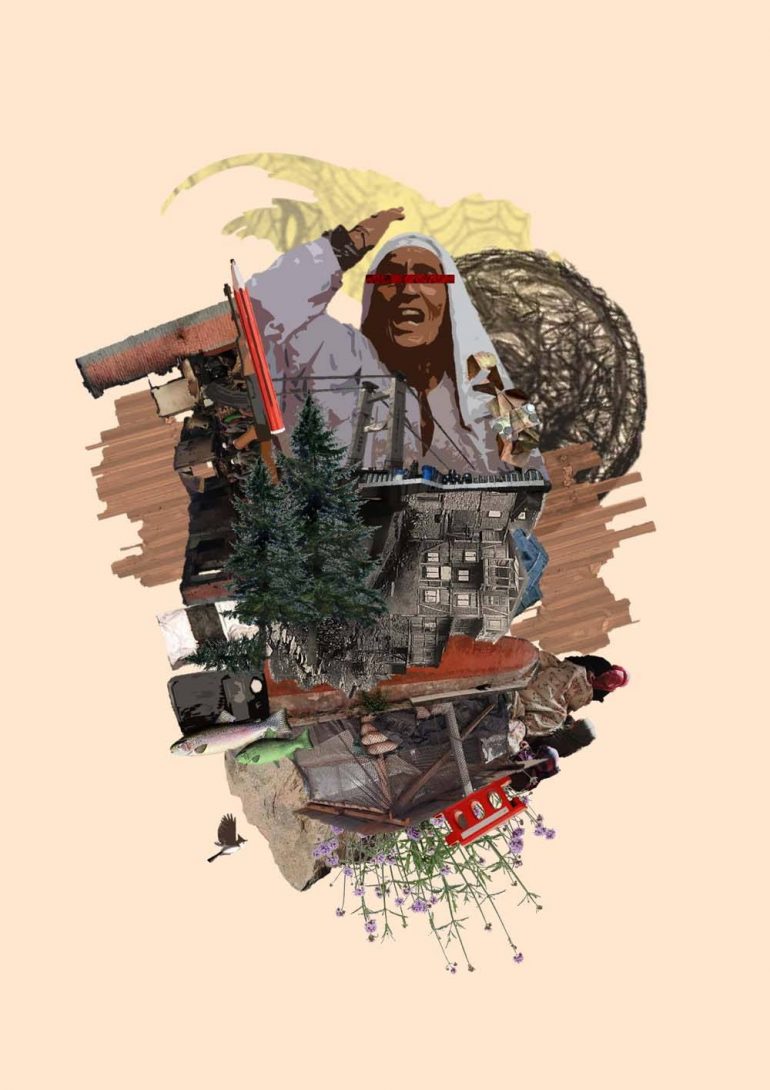Zanaan Wanaan Journal
ZW Journal is an annual periodical of digital issues that are thematic anthologies of original academic articles, interviews, narrative essays, investigative reports, auto-ethnographic accounts, artworks, fiction, poetry, photo-essays, video stories, etc by Kashmiri women from diverse backgrounds.
The journal will provide contributions to independent scholarship and critical inquiry into a wide range of issues regarding gender and politics in Kashmir.
The second annual issue is "Militarized Media : Power, Propaganda, and Press."
This issue explores the multiple ways in which media intersects with the conflict and political turmoil in Kashmir. This exploration is not only limited to examining the role of the media but also touches upon the socio-cultural, gendered, economic, political, regional, and technological transformations within which media operates in the region.
The long kept tight reins of the state extend to traditional as well as new media to keep any form of subversion within the ambit of political acceptability. In this context, media is a case study to analyse the myriad ways in which the state enacts, extends and disseminates its propaganda. Any discussion on the media in Kashmir, thus, is simultaneously a discussion on power.
A collection of ten works in this issue expands the theoretical and historical discussion on media, the complex challenges and obstacles in the face of state power and militarisation, and the existing/emerging scholarship navigating these questions. Download PDF [3.7 MB]
The first annual issue is "Revisiting Dispossession and Loss in Kashmir." Download PDF [5.9 MB]
Loss is emblematic of the violence that the land and bodies of Kashmiris have borne. The works in this issue discuss the inalienable, individual and collective processes of dispossession that the bodies of Kashmiris are subjected to. In this issue, we revisit this subject with a sense of urgency to remember and document what this loss is, and has been, in a bid to preserve the memory of disenfranchisement. These stories of loss and dispossession have been told as witnessed, understood and interpreted by 20 Kashmiri women.

